The collection, created by well-known US gemstone cutter Scott Sucher, first toured Australia in 2008 with 26 perfect replicas, including the Hope Diamond, Tiffany Yellow, Cullinan, Dresden Green and, the most famous diamond of all, the Koh-I-Noor.
Sucher’s collection has now extended to 38 stones, including the Orlov, Jubilee and Beau Sancy.
It’s important to note that the World Famous Diamonds replicas are not mere representations or imitations.
This distinction is vital; while a representation is a ‘stand-in’ for its authentic counterpart, it is not necessarily accurate or exacting.
“A replica re-creates the size, shape and colour of the original precisely – something that is especially relevant to diamonds such as these because so few people are familiar with the originals,” Sucher explained.
And while the replicas have been re-created in cubic zirconia, the stone’s full beauty, magnificence, and uniqueness can still be appreciated – they are as near as possible to the original stone.
For example, the most famous diamond in the collection, the Koh-i-Noor, has been replicated from a plaster model made in 1851 before the original gem was cut into its current form.
In 2006, after lengthy negotiation, Sucher obtained permission from the Natural History Museum of London to have one of the two original 1850 plaster casts of the Koh-i-Noor shipped to Antwerp to be X-rayed and laser scanned to produce a perfect replica.
Sucher spent 18 months modelling and nearly 100 hours precisely cutting two replicas of the Koh-i-Noor: one is now on display at the Natural History Museum of London, and the other he kept for his collection.
To provide insight into the painstaking work of creating exact replicas, Sucher worked with the Discovery Channel when it was producing the documentary Unsolved History: The Hope Diamond, which aired in February 2005.
The Hope Diamond
That stone has an interesting history. French diamond merchant Jean Baptiste Tavernier acquired the stone from a slave and sold it to King Louis XIV, whereupon the king had it cut into a triangular, pear-shaped stone weighing 67.50 carats.
Throughout its life as the Tavernier Blue and then the French Blue, the fancy colour stone garnered a reputation for ill fortune that continued when it was eventually cut into the Hope Diamond.
Following Louis XIV's death, the French Blue disappeared. It wasn’t until 1830 that a large, blue diamond of a different shape and weight (44.50 carats) appeared on the market in England and was purchased by banker Henry Thomas Hope.
In addition to presenting the World-Famous Diamonds on the fair floor, Sucher will also conduct a number of talks on the replicas and the history of the first diamond cuts dating back to the 1300s.
He was the keynote speaker at the 9th Annual Sinkankas Symposium Diamond hosted by the GIA, where he presented 'The Evolution of Diamond Cutting'.
The 38-stone World Famous Diamonds collection will be featured in a special-purpose display at the upcoming International Jewellery Fair in Sydney from 17-19 August.
Among the stones and cuts displayed will be:
• Cubic, octahedron, and dodecahedron crystals
• Point cut (three variations)
• Table cut (with and without culet facet)
• Single cut
• Mazarin style
• Peruzzi style
• Old Mine cut
• Old European cut
• Round brilliant cut
In addition to speaking about the collection and other related gemstone topics at the show, Sucher will be available to answer questions on gemstone cutting. He said he was particularly eager to discuss his favourite gemstone: Australian opal.
WORLD FAMOUS DIAMONDS
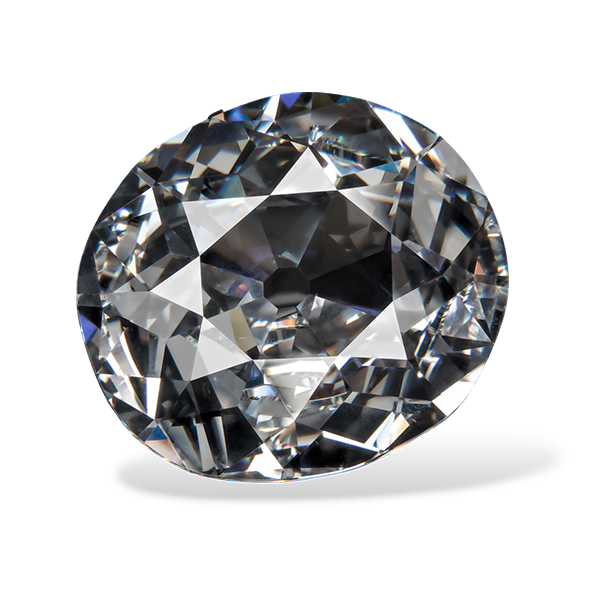 | 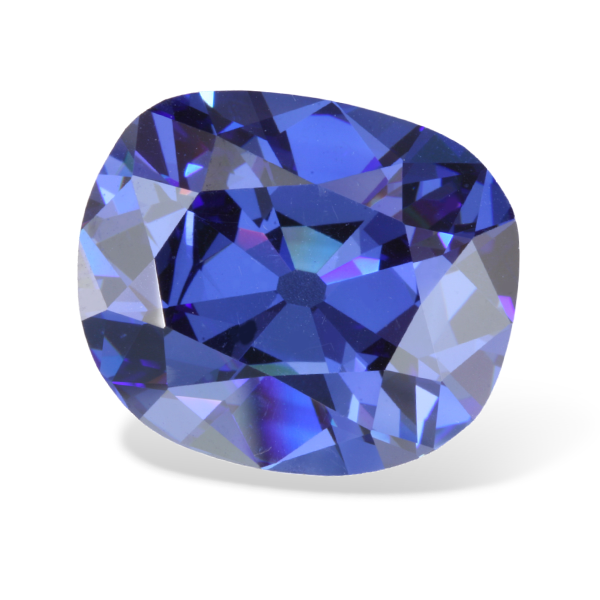 | 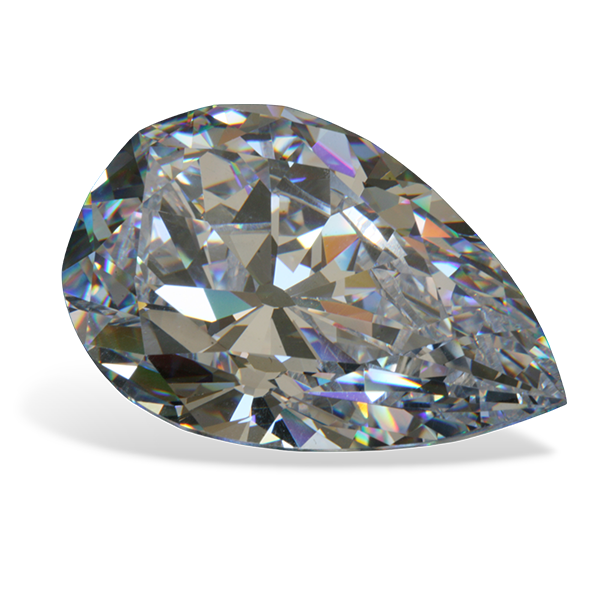 | | Koh-I-Noor | Hope Diamond | Cullinan | 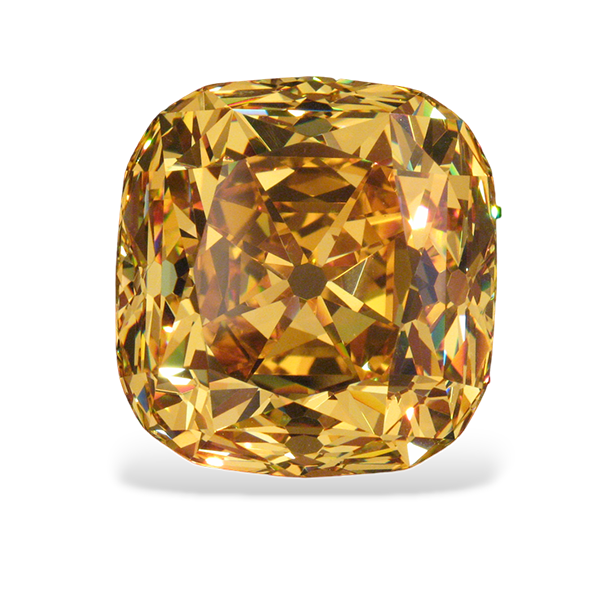 | 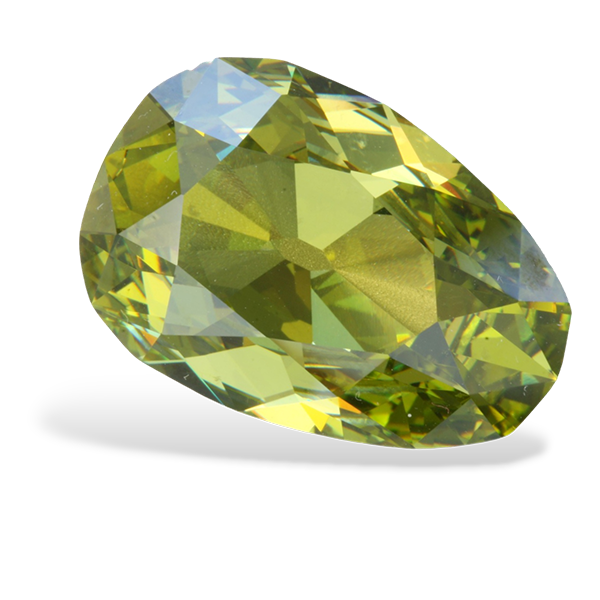 |  | | Tiffany Yellow | Dresden Green | Orlov, Jubilee | 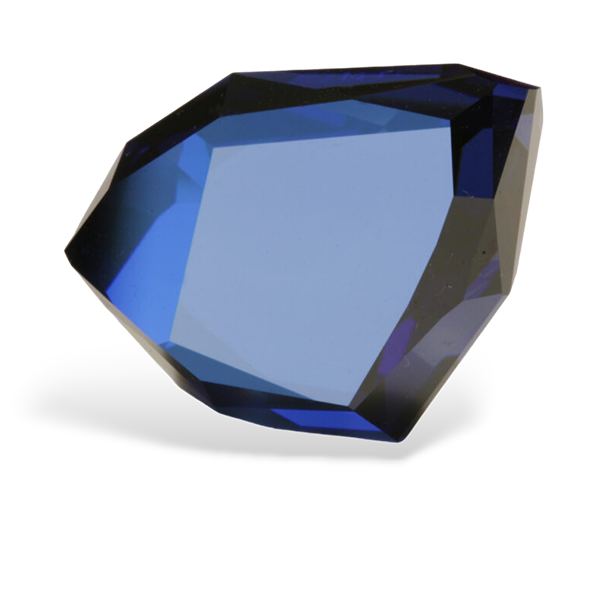 | 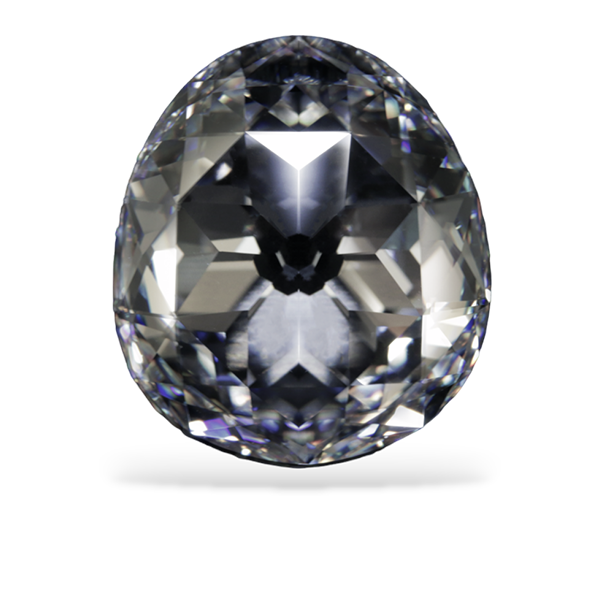 | 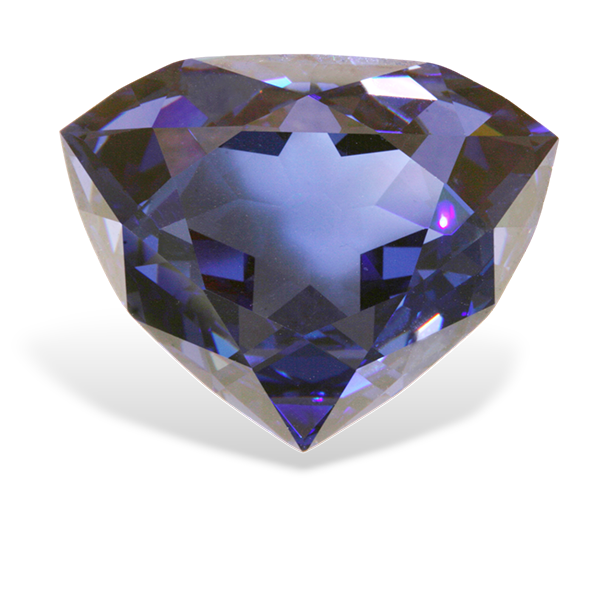 | | Tavernier Blue | Beau Sancy | French Blue |
|
More reading
The Hope and Koh-i-noor: New insights into the world's most famous diamonds
The World's Most Famous Diamonds
Hope Diamond: World Famous Diamonds
Koh-i-noor: World Famous Diamonds
The Fancy Colour Diamond War of Words: Science or Romance?
The Pink Diamond Love Affair - The Creators & Consumers
All about Argyle Violet Diamonds: One of Earth’s rarest gifts